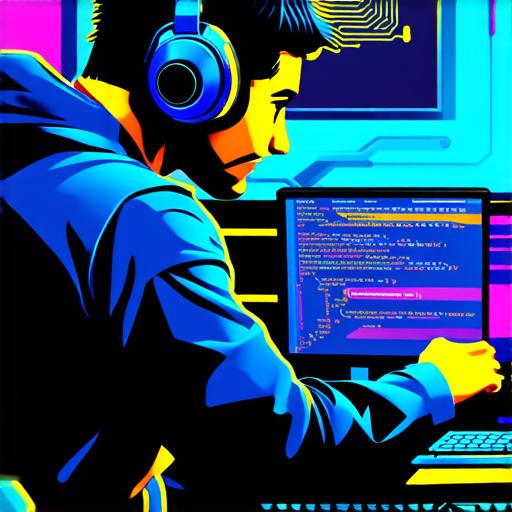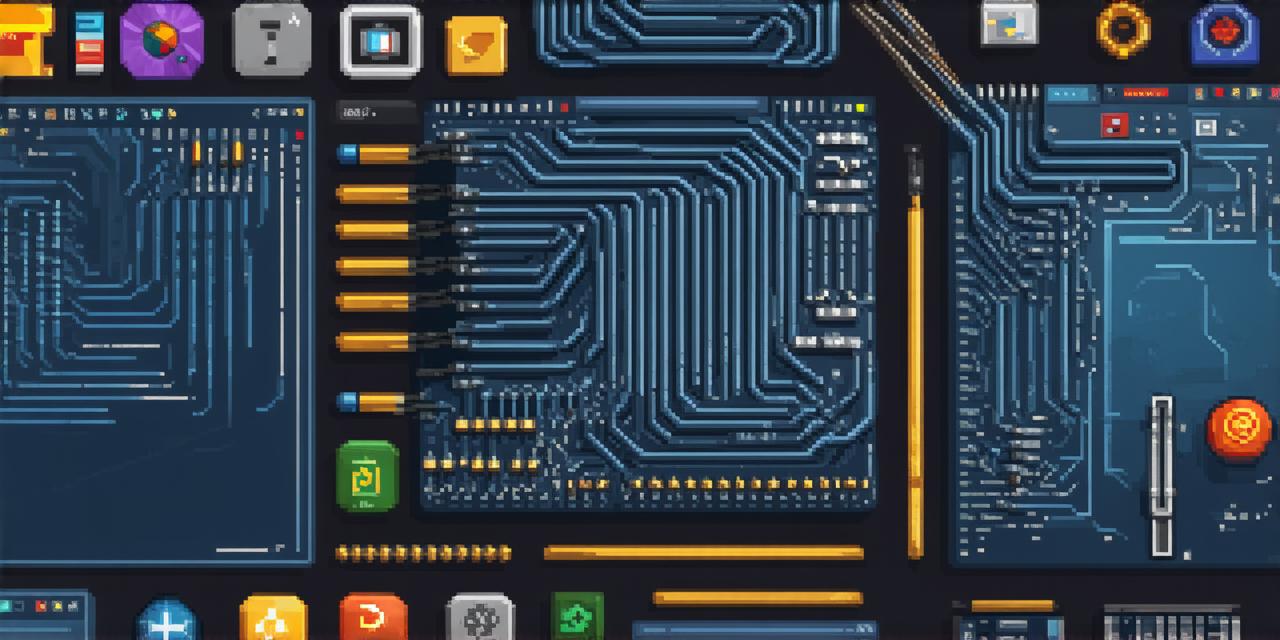Video game developers are responsible for creating and designing interactive games that entertain and engage players all over the world. They work in a variety of roles, including game designers, programmers, artists, and producers.
Overview of Video Game Development Process
The development process for video games can vary greatly depending on the type of game and the company involved. However, there are some key steps that most games go through:
- Conceptualization: This is the initial stage where the idea for the game is born. Game designers come up with the concept, which may involve brainstorming ideas, researching trends in gaming, or looking at existing games to see what can be improved upon.
- Pre-production: In this phase, the team develops a detailed plan for the game, including its storyline, characters, levels, and mechanics. Artists and writers work together to create visual and written content that will bring the game to life.
- Production: This is the most intensive stage of development, where programmers write code to implement the game’s features, artists create assets such as characters and environments, and audio designers create sound effects and music.
- Post-production: Once the game is completed, it goes through a testing phase to ensure that all the features are working correctly and that the game is balanced and enjoyable for players.
- Launch: The game is then released to the public, either physically or digitally, depending on the platform. Marketing and promotion efforts are carried out to attract players and generate buzz around the game.
- Maintenance: After the launch, developers continue to support the game by fixing bugs, adding content updates, and addressing player feedback. They may also work on future versions of the game or related products.
Skills and Qualifications Required for Video Game Development
To be a successful video game developer, you need to have a combination of technical and creative skills. Here are some of the key skills and qualifications:
- Technical Skills:
- Programming: Developers need to be proficient in at least one programming language, such as C++ or Python, that is commonly used in game development.
- Game Engines: Developers should have experience with game engines like Unity or Unreal Engine, which provide a framework for creating and publishing games.
- Art and Design: Developers should have basic artistic skills, such as drawing or 3D modeling, and an understanding of design principles to create visually appealing games.
- Math and Science: Video game development requires a strong foundation in math and science, including linear algebra, calculus, and physics, to create realistic game mechanics.
- Soft Skills:
- Communication: Developers need to be able to effectively communicate their ideas and work well with others on a team.
- Collaboration: Developers should be able to work collaboratively with other members of the development team, including designers, artists, and producers.
- Creativity: Developers should have a creative mindset to come up with innovative solutions to problems and new ideas for games.
- Time Management: Game development projects often require tight deadlines, so developers need to be able to manage their time effectively.

1. Education and Certification:
A degree in computer science, game design, or a related field can provide a strong foundation for a career in game development. There are also several professional certifications available for game developers, such as the Certified Game Developer (CGD) and the Unity Certified Developer (UCD), which demonstrate proficiency in specific areas of game development.
Real-Life Examples of Video Game Developers
To illustrate the duties and responsibilities of video game developers, let’s take a look at some real-life examples from the industry:
- Game Designer: A game designer is responsible for creating the overall concept and design of the game. They work closely with producers and other members of the development team to ensure that the game is balanced, fun, and engaging for players.
- Programmer: A programmer is responsible for writing code to implement the game’s features and mechanics. They work closely with designers and other members of the development team to ensure that the code is efficient, reliable, and easy to maintain.
- Artist: An artist is responsible for creating the visual elements of the game, such as characters, environments, and effects. They work closely with designers and producers to ensure that the art assets are visually appealing and fit within the overall theme of the game.
- Producer: A producer is responsible for overseeing the entire development process, from conceptualization to launch and beyond. They work closely with designers, programmers, artists, and other members of the development team to ensure that the game is delivered on time and within budget.
Case Studies in Video Game Development
<p
